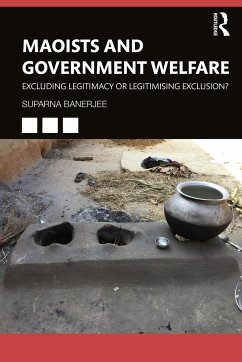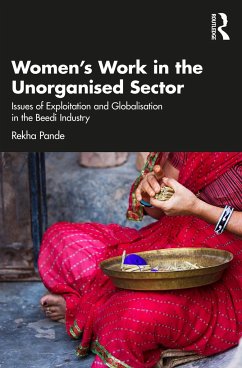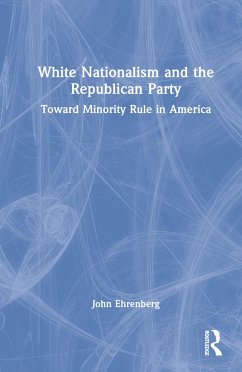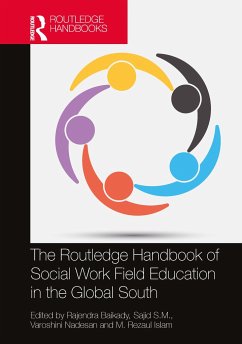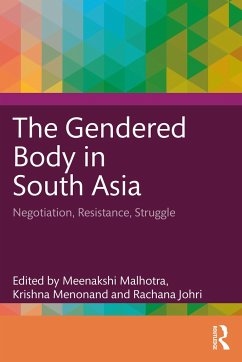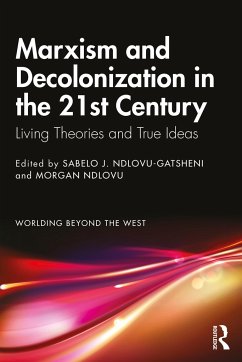
The COVID-19 Pandemic and the Politics of Life
Versandkostenfrei!
Versandfertig in 6-10 Tagen
43,99 €
inkl. MwSt.

PAYBACK Punkte
22 °P sammeln!
This book explores the extent to which the COVID-19 pandemic is poised to be a permanent fixture in the modern world which in contemporary times will be thought of in terms of before and after the pandemic. It looks at how the pandemic has brought to the fore the question of the appropriate ethics, politics, and spirituality and highlights the present condition of humanity and the need to rethink alternative planetary futures. It argues that the pandemic has existential and epistemic implications for human life on planet Earth, and a post-COVID-19 future requires a fundamental transformation o...
This book explores the extent to which the COVID-19 pandemic is poised to be a permanent fixture in the modern world which in contemporary times will be thought of in terms of before and after the pandemic. It looks at how the pandemic has brought to the fore the question of the appropriate ethics, politics, and spirituality and highlights the present condition of humanity and the need to rethink alternative planetary futures. It argues that the pandemic has existential and epistemic implications for human life on planet Earth, and a post-COVID-19 future requires a fundamental transformation of the present economic, political, and social conditions.
Drawing on empirical case studies on the COVID-19 pandemic from Africa and beyond, contributions in this book challenge the reader to rethink alternative planetary futures. It will be a useful resource for students, scholars, and researchers of African studies, citizenship studies, global development, global politics, humangeography, migration studies, development studies, international studies, international relations, and political science.
Drawing on empirical case studies on the COVID-19 pandemic from Africa and beyond, contributions in this book challenge the reader to rethink alternative planetary futures. It will be a useful resource for students, scholars, and researchers of African studies, citizenship studies, global development, global politics, humangeography, migration studies, development studies, international studies, international relations, and political science.





